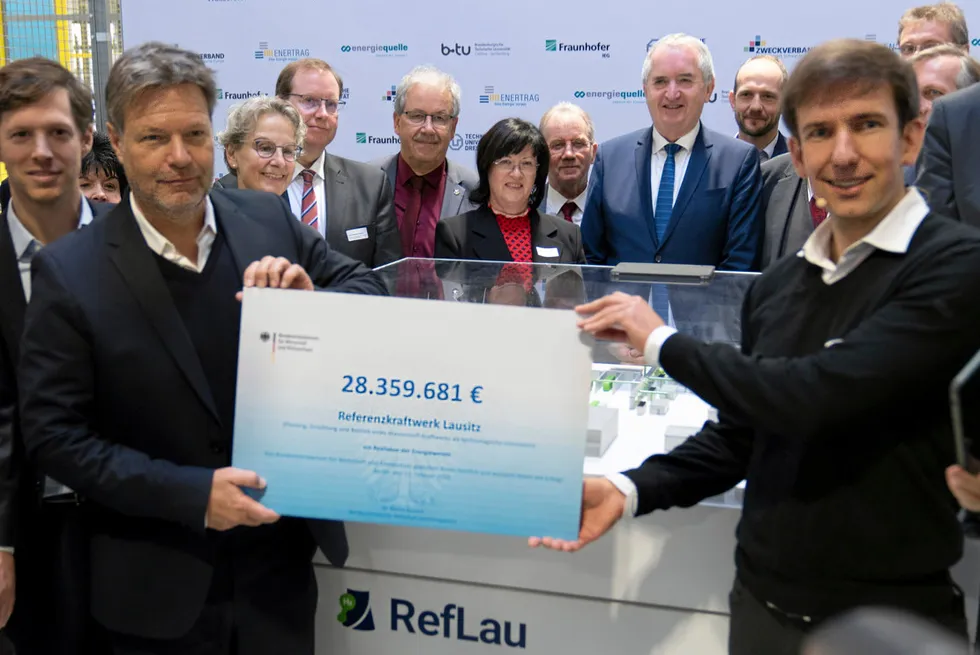Real-world laboratory | Hydrogen energy-storage pilot plant in Germany gets green light and €28m grant
RefLau will be a reference project for the future conversion of fossil-fuel power stations to run on stored renewable energy

RefLau will be a reference project for the future conversion of fossil-fuel power stations to run on stored renewable energy
